Hûw Steer
“But it does not matter, Alexander. Whether a good story is true or not, it is still a good story.” These are the penultimate lines spoken by Lucian of Samosata in Hûw Steer’s novel Ad Luna. The line is a fitting conclusion to a wonderfully realized science-fiction world populated by dragoon piloted vultures, ants the size of buildings, canine airmen, and species from all worlds in our solar system. Set on the brink of war between our moon and the sun, Steer’s novel draws from the very beginning of the science fiction genre, an ancient Greek text written by the real-life Lucian of Samosata titled True History.
Steer, who previously studied True History as part of his thesis in acquiring an MA in Ancient History, expands upon the work of Lucian of Samosata and puts the reins of storytelling in the perspective of Lieutenant Alexander Dio of the Moon’s Vulture Dragoons. The novel is a loving ode to the original text, as well as the genre of science fiction that the text is a founding block of.
Hûw Steer is writer, historian, and comedian from London who holds an MA in Ancient History specializing in the study of ancient science-fiction. His first novel, The Blackbird and the Ghost, was an SPFBO finalist in 2019 and Ad Luna, his second novel, released on July 4th of this year. His short stories have been published in The Future Fire and UCL’s Publisher’s Prize.
Interview by Kalib La Chapelle.
When did you start writing and what inspired you to start?
I played around with it some when I was young, but I guess I properly started when I was in high school. I just liked fantasy really, I liked it a lot. I had a great teacher in high school who came in with a massive box full of his own books and let me dig through. I loved the idea of building worlds.
You perform comedy as well, what do you think connects these two forms, if anything?
I spent most of university doing sketch comedy. I guess the connection is the writing, especially in fantasy or sci fi where a lot of the time you’re dealing with a fairly intense plot. Humor’s a great way to break that up if you do it correctly. The first sketch I wrote was 17 pages long, and as with most my writing I had to learn to trim it down.
What does your research process for a book look like?
Well, that’s a question I often ask myself ‘What is my research process?’ Often, I end up not having one, I have a vague idea in my head and I kind of make it up. That’s the great thing about fantasy and science fiction, a lot of it you are making up.
With Ad Luna there was a lot of research because I spent the better half of two years studying True History for university. I wrote it after all of that, and so I kind of accidentally researched it in that case.
Going off that George RR Martin has a famous quote saying that writers are either architects or gardeners, would you say you’re more of a gardener then?
Most of the time I’d say I’m more of an adventurer in a jungle trying to hack my way through and find an ending or something useful.
Ad Luna is based on an ancient text, and you’ve done similar work in some of your short stories. Do you gravitate toward this style or see yourself writing more in the future with it?
Coincidentally quite a lot of my published work is with that ancient inspiration, but I think that’s because they had been good ideas. I will often use Roman or Greek inspiration in my worldbuilding because I know it well from studying it. When I’m thinking of places or names it’s what I draw from a lot of the time.
At the end of Ad Luna Lucian tells Dio “It does not matter. Whether a good story is true or not, it is still a good story” What does this bit of dialogue mean to you?
Part of the answer is, I needed something kind of pithy for him to say at the end. But at the end of True History Lucian leaves it on a cliffhanger. He basically says, “I’ll tell you what happens on the journey back in the next book,” and then never writes the next book to stick it to the people he was satirizing. I was trying to give a nod to the fact that there’s a lot of layers to what is true and what is not in the original book, and the reader isn’t really supposed to know which was which.
Most people when they think of ancient Greece they think of mythology. Do you have a favorite bit of mythology or fairy tale?
I tend to gravitate toward Norse mythology a lot, they seem to have more fun with it. The humor is fantastic. Arthurian stories as well, Sir Gawain and the Green Knight and the like, I’ll always love those.
Do you have a moment that pops into your head when you first discovered the power a story can have?
I mean, it probably has to be Tolkien, starting with the Hobbit and the world he builds in his mind. That’s the earliest memory of that experience for me.
What advice would you give to yourself when you were starting your career, or to anyone starting now?
Write every day. It works for me; it may not work for you. But consistency in general. The reason I’ve managed to finish projects is by writing every day. I don’t edit all of them, I’m terrible about editing, but they’re on paper. Even if it’s a bad day, try and make yourself do it. Even if it’s not good now, it may be good someday when you go back to it.
